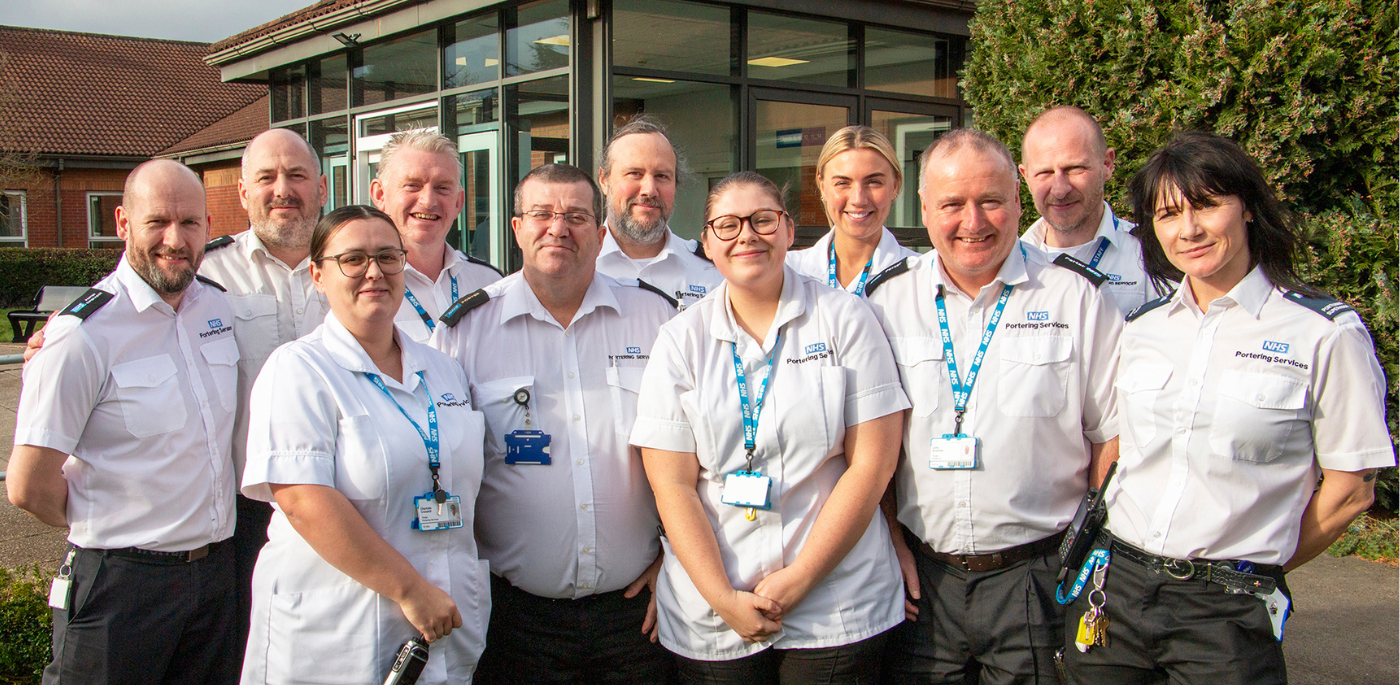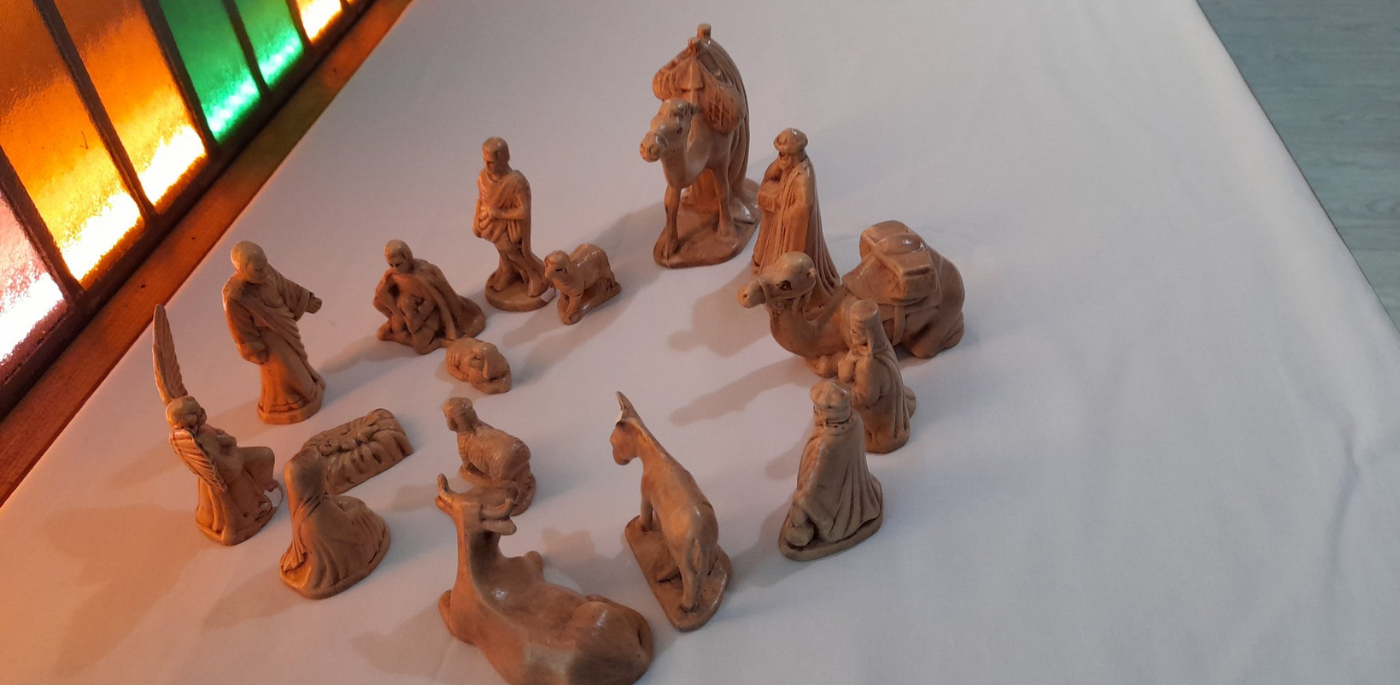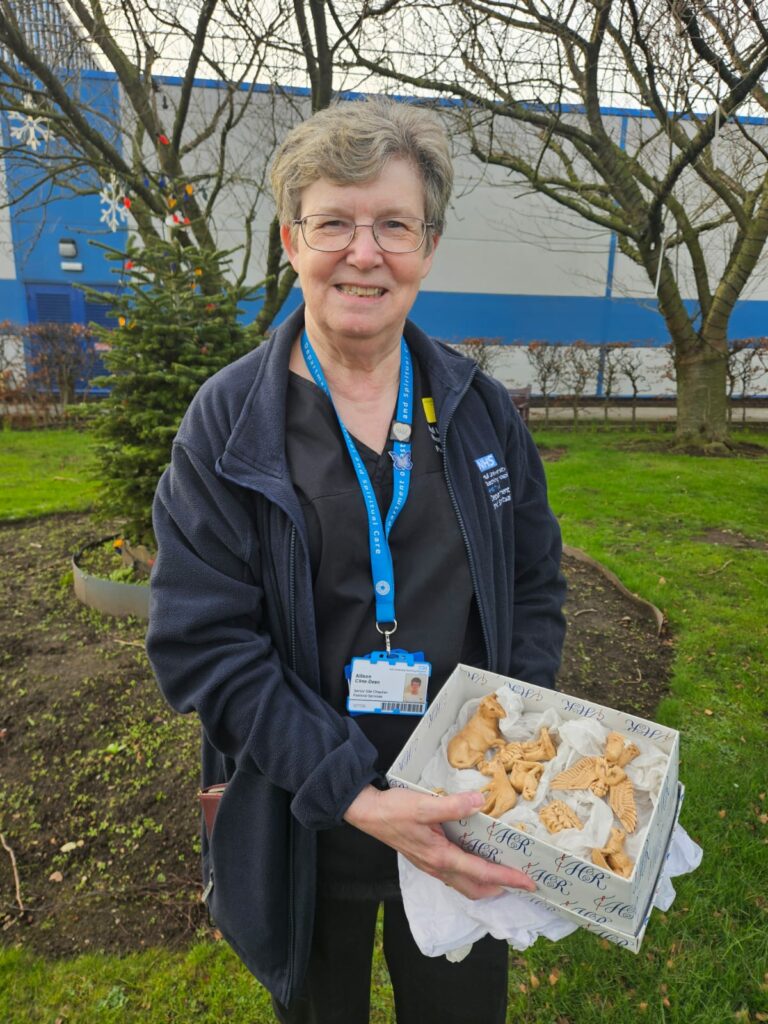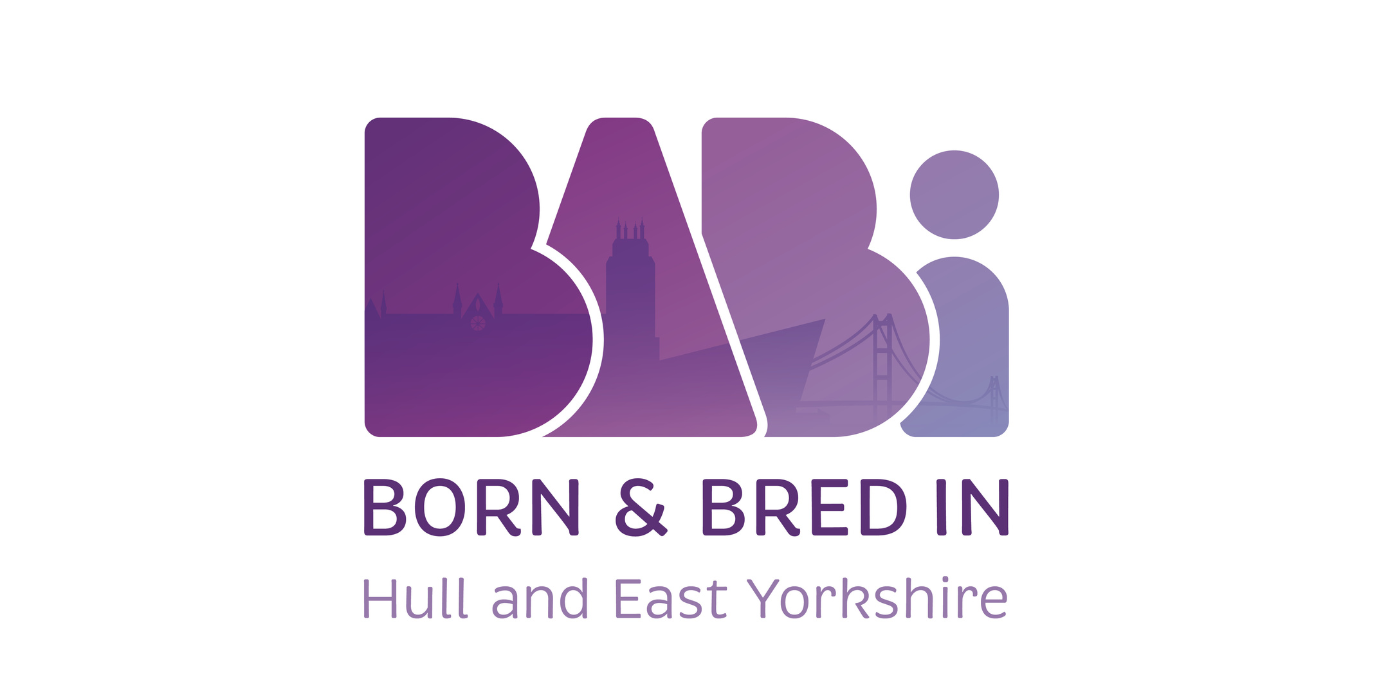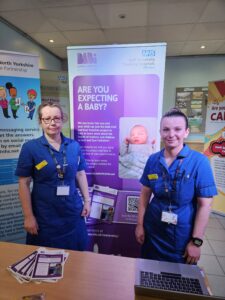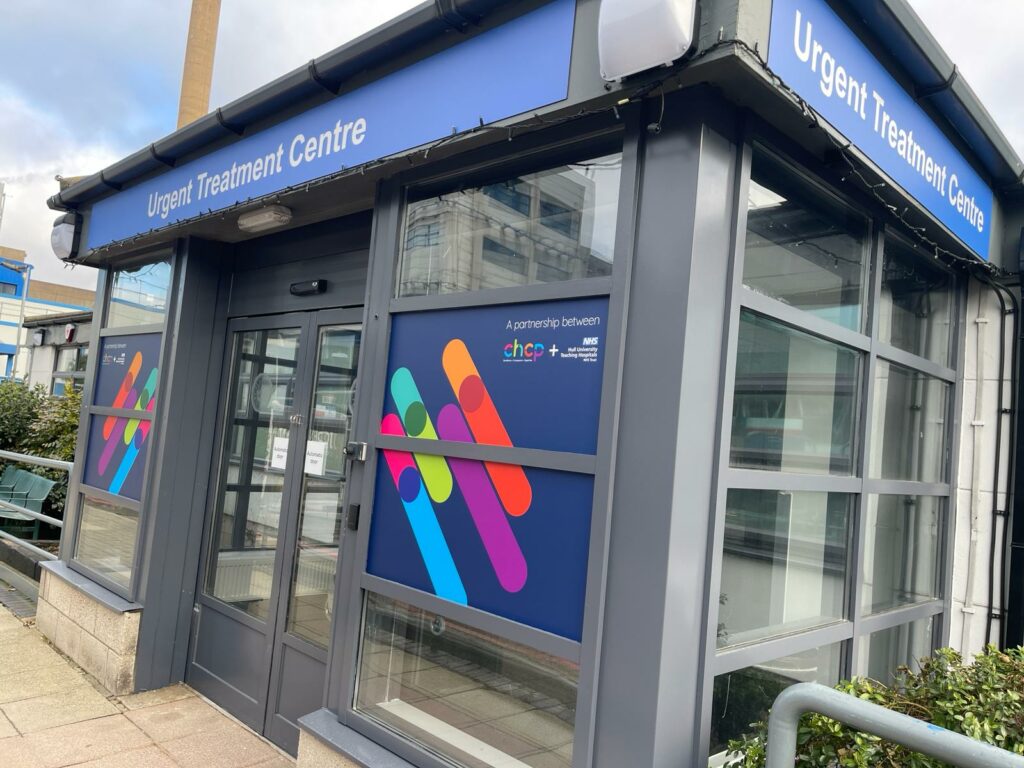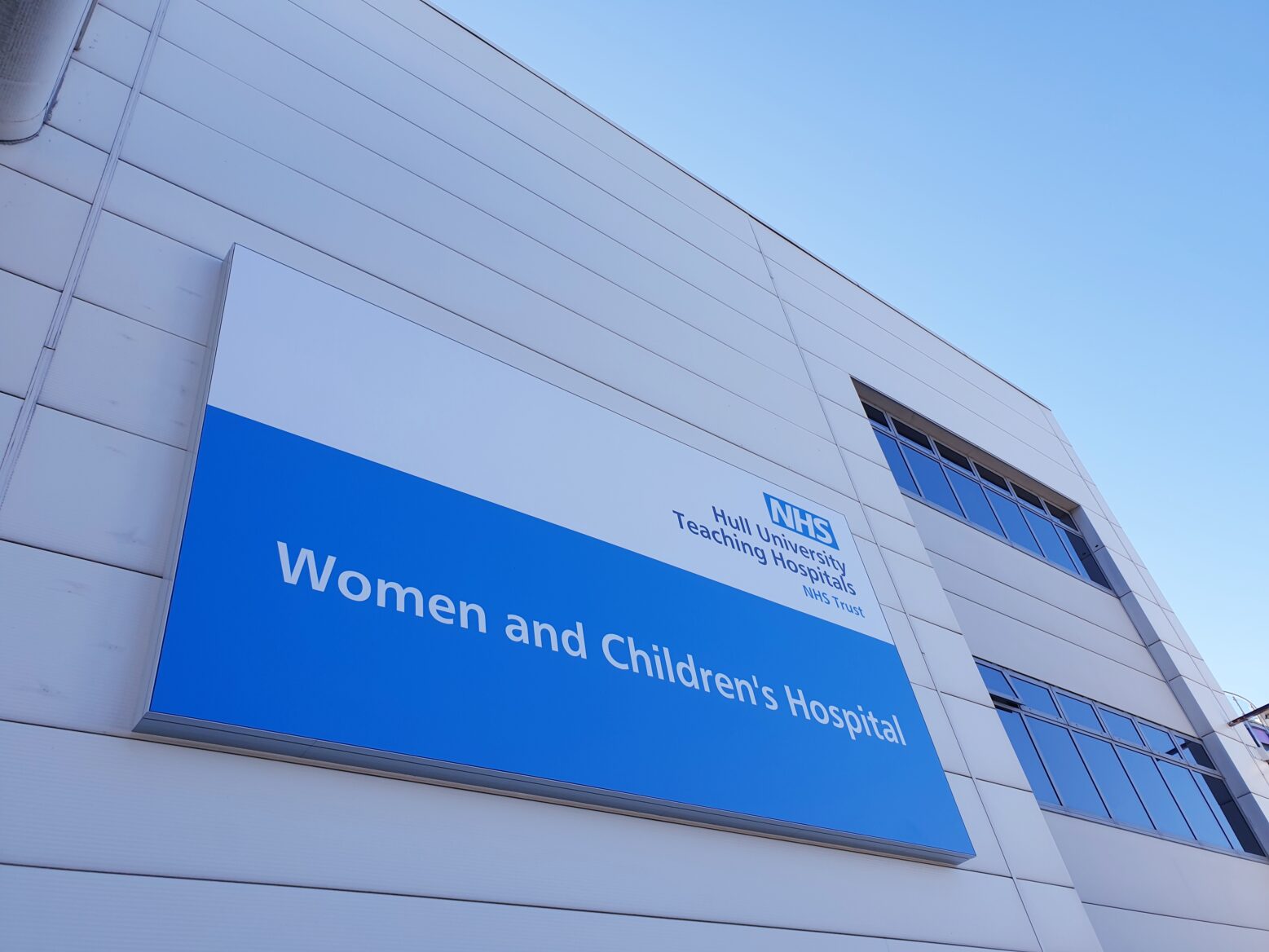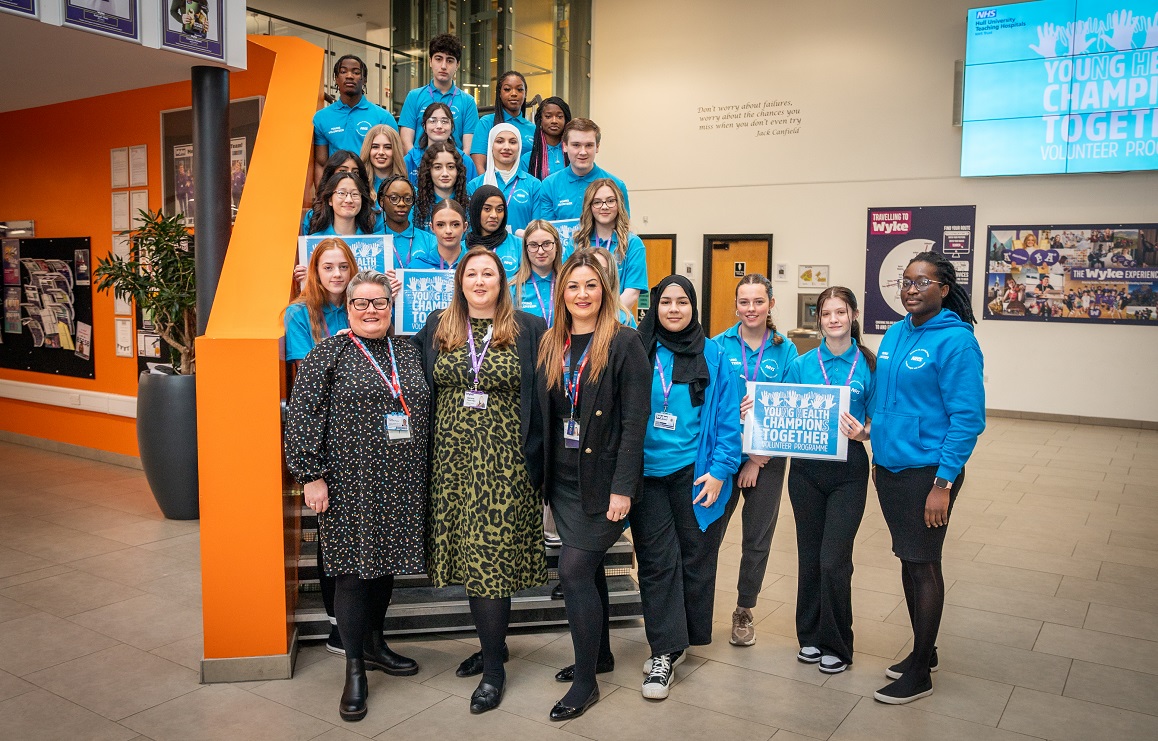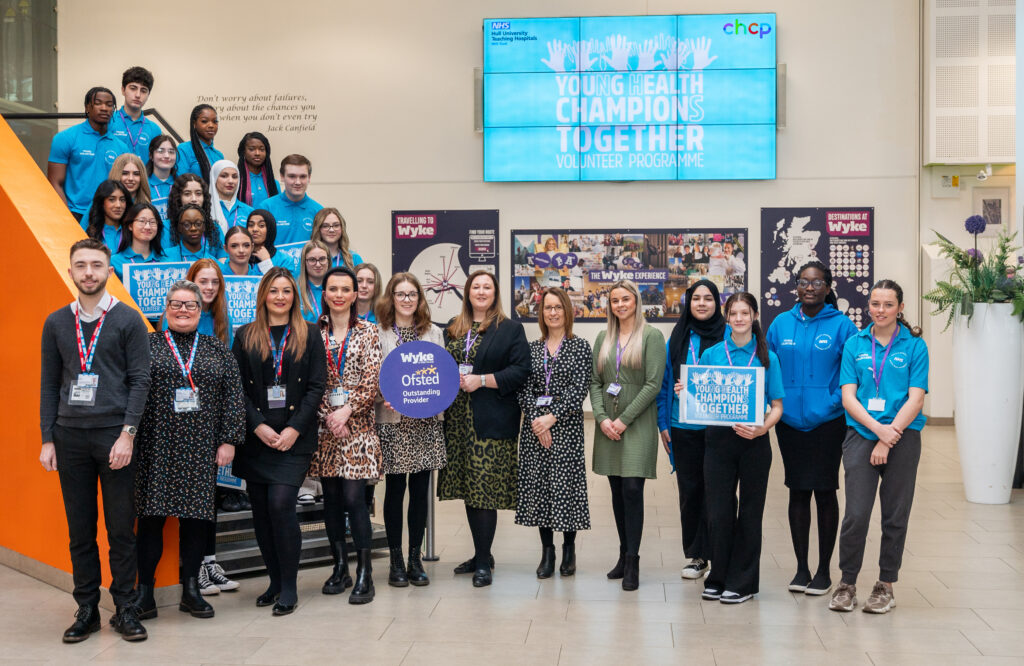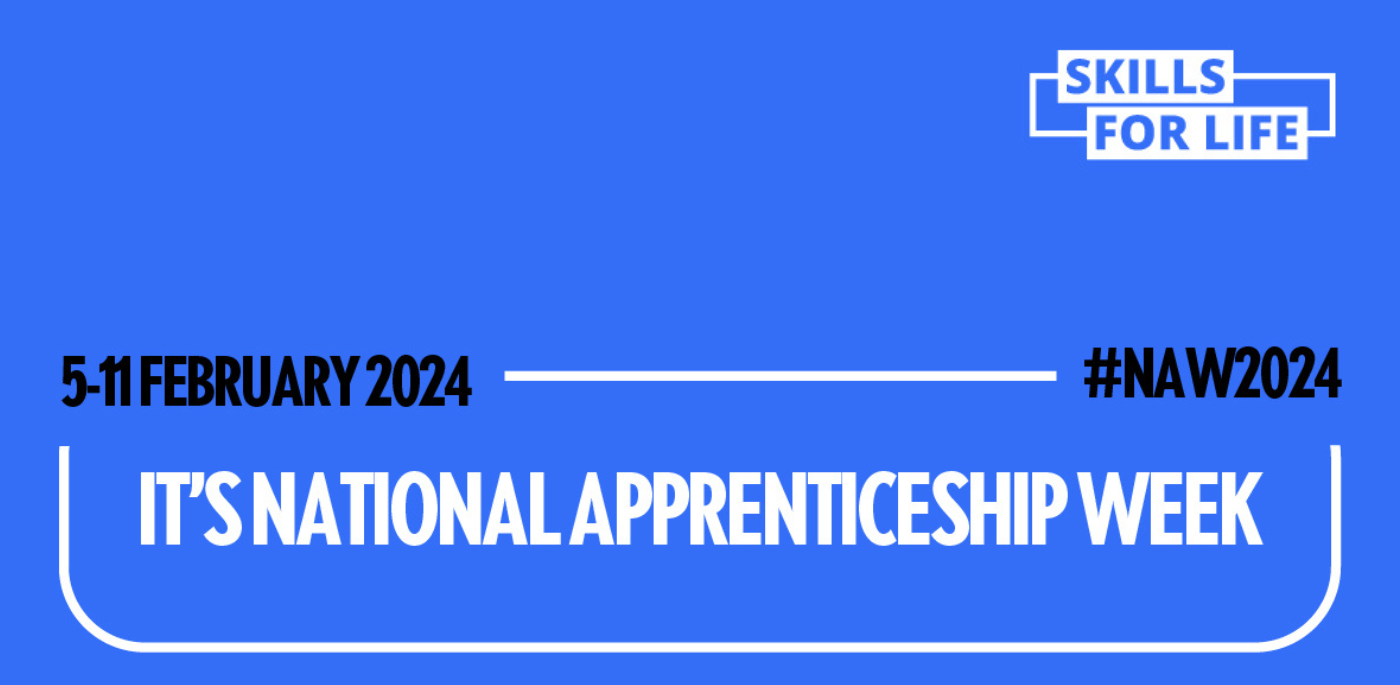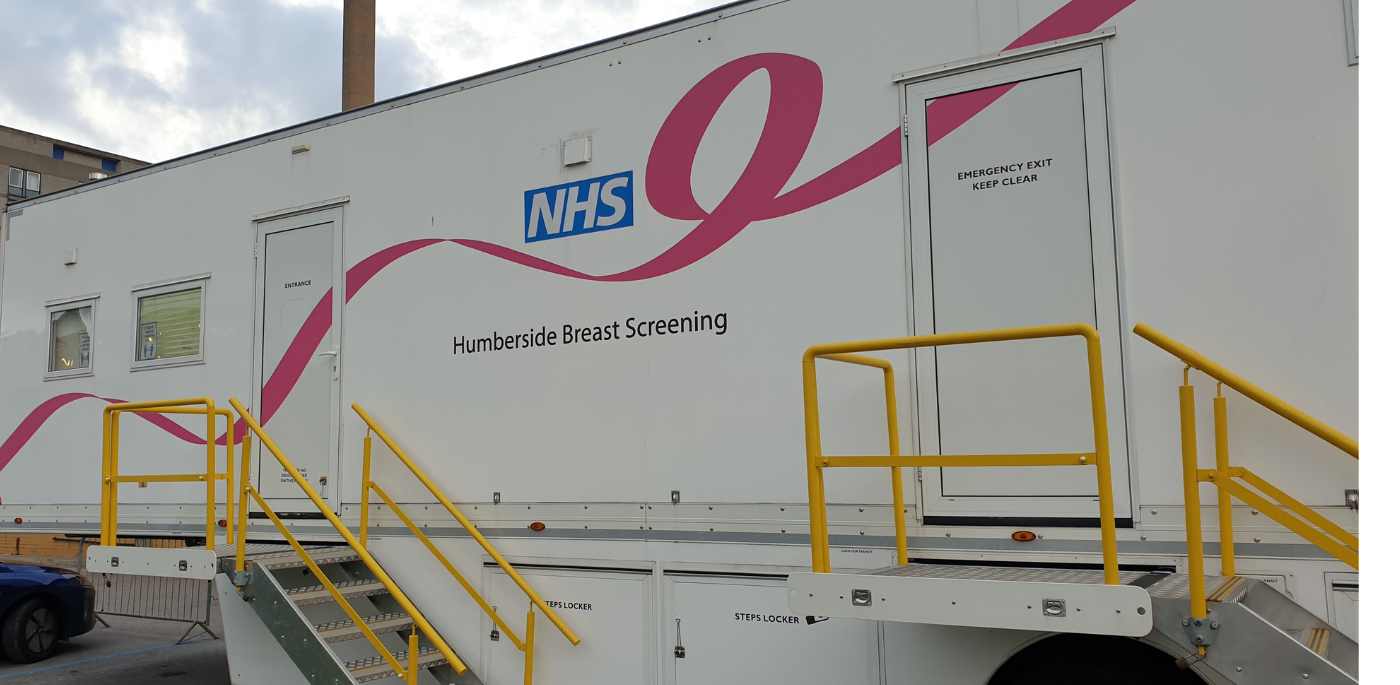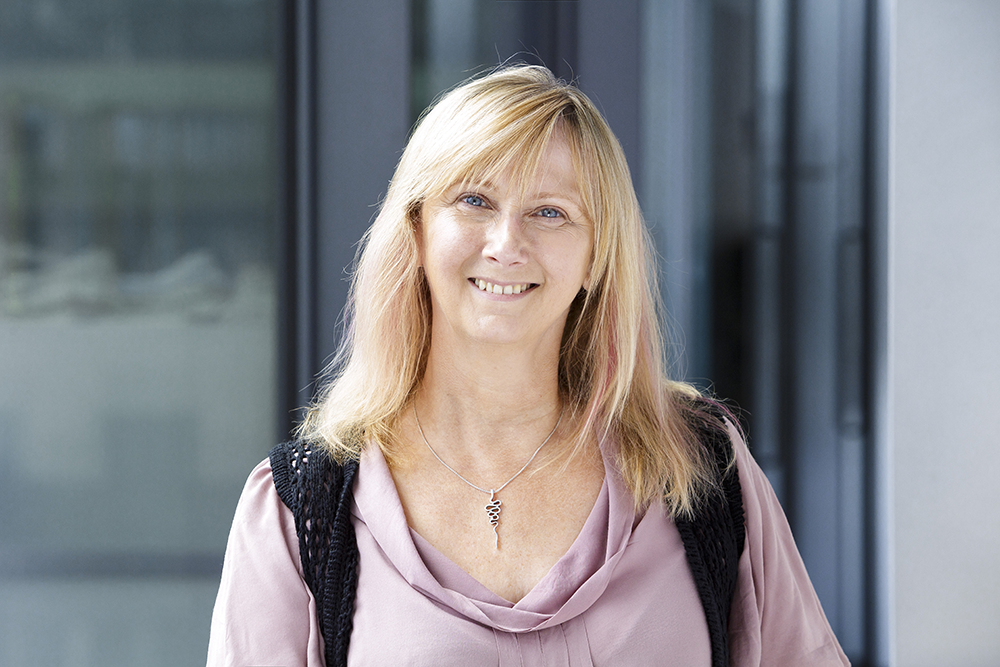They’re a vital cog that keep our local hospital wheels turning.
At the most fundamental level, the army of hospital porters working across Hull Royal Infirmary and Castle Hill Hospital get people and things where they need to be.
That’s no mean feat on its own in an organisation that welcomes almost 3,000 patients every day. But the 120-strong portering crew do so much more, and it’s because of this that the East Yorkshire team finds itself shortlisted again for a national award for the second consecutive year.
From tackling fires and responding to cardiac arrests to playing key roles in patient discharge and cutting use of harmful gases, this team has seen and done almost everything; a fact which has earned them a place on the list of finalists for the national MyPorter ‘Team of the Year’ award 2024.
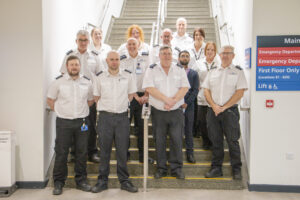
Porters at Hull Royal Infirmary
Not only this, but Mark Goodfellow, a porter for just 12 months based at Castle Hill Hospital has also been shortlisted in the category, ‘Newcomer of the Year’.
Over 300 nominations were received into the MyPorter awards this year from hospital trusts across the country.
Graham Taylor, Interim Portering, Postal and Switchboard Manager for Hull University Teaching Hospitals NHS Trust says:
“I’m so proud to manage a team whose skills are so diverse and who play such an important role in the running of the hospitals for everyone; staff, patients and visitors alike.
“It’s not often people stop to think about what the role of a porter actually entails, and even when they do, they often just think of someone pushing a patient in a bed or a wheelchair from place to place. But it’s the portering team who make sure fresh bed linen’s available for patients, they get food into our restaurants and cafes, they get samples to the labs for testing and they make sure staff have their medical supplies.
“They’re often first on scene when there’s a fire call or cardiac arrest, and they were called on 113 times last year to help transfer patients arriving by helicopter into hospital for trauma or emergency care. And of course, they play an absolutely vital role in reassuring our patients, putting them at ease or taking their minds off things, which can be priceless at a time when people are at their most anxious or vulnerable.”
One of the key achievements upon which the team’s award nomination was based this year is the ‘Ready to Go’ model, which is designed to make the process of discharging a patient from hospital or to another ward or unit more efficient. When booking a job, ward staff are asked to consider the MINTED* model and ensure all essential stages of preparation such as medication and transport have been arranged before the porter attends.
“This has been hugely successful, not only in terms of patient experience and getting patients where they need to be more quickly, but it’s also shaved an average of three minutes off every patient transfer job the porters complete,” Graham continues. “That means we as a team then have time back to help more people and complete more tasks, without the need for additional staff.”
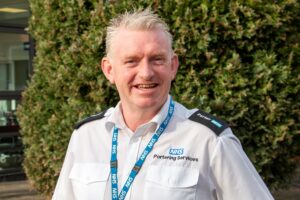
Mark Goodfellow, nominated for ‘Newcomer of the Year’
The team is also contributing to the Trust’s carbon reduction efforts through the management of nitrous oxide. Now responsible for the management, distribution and replacement of this potentially harmful gas and in the majority of Trust locations, the team collects data and employs practices which are designed to minimise the harm causes by medical gases and reduce waste which could damage the environment.
Alongside the team nomination sits Mark Goodfellow, formerly a self-employed timber tradesman who worked on both the Olympic and Commonwealth games stadiums. Mark joined the team at Castle Hill Hospital as a porter in January 2023, and is now vying to be named ‘Newcomer of the Year’.
Graham says:
“Mark epitomises everything you’d look for in a great porter. Ever since he joined our Trust, he’s displayed a refreshing appetite to achieve and a keen desire to learn, putting himself forward for new roles and quickly stepping up to cover areas with staffing shortfalls.
“He’s such a positive person, he’s already earned our directorate ‘Employee of the Month’ award, which is almost unheard of for a new team member, and he regularly receives compliments and thank yous from the staff, patients and families he comes into contact with.
“I wish him and the team the very best of luck at the awards this month; they really deserve the wins.”
Winners will be announced at the national MyPorter awards ceremony which takes place in central London on Wednesday 21st February.
* Preparations staff undertake as part of ‘MINTED’.
M = Medication ready?
I = Patient Informed?
N = Notes packed?
T = Transport correct?
E = Escort available?
D = Dignity check completed?

